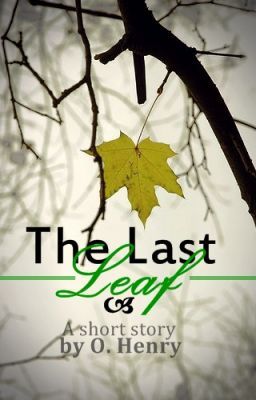If you build a perfect world, it might look peaceful on the surface — but deep down, something always starts to crack. Think about it for a second: no worries, no danger, no struggle. Sounds ideal, right?
Well, that’s exactly what scientists tried to create back in 1968, in an experiment that would later become one of the most haunting metaphors for modern society — Universe 25.
The man behind it was John B. Calhoun, a behavioral researcher at the National Institute of Mental Health. His goal sounded simple: to understand what happens to a social species — in this case, mice — when all external problems are solved. He built what he called a “mouse utopia,” a sealed metal enclosure roughly the size of a large living room. Inside were four pairs of healthy mice, unlimited food and water, controlled temperature, no predators, no disease, and constant cleanliness.
The environment was so carefully maintained that no mouse could ever starve, freeze, or fall sick. Everything they could possibly need was within reach. Calhoun called each new version of this habitat a Universe, and this one — his twenty-fifth attempt — was meant to be perfect. At first, it worked beautifully.
The mice thrived. The population doubled every 55 days. Nests filled with young; mothers nursed; males defended their territory; social hierarchies formed naturally. Everything seemed harmonious — a true heaven on Earth, or rather, heaven in steel. But then, around Day 560, something started to shift. The space wasn’t overcrowded — not yet — but the social balance began to collapse.
Aggression spread. Mothers abandoned or even killed their babies. Dominant males stopped protecting their territory. Others withdrew completely. Calhoun described a growing group of passive mice who refused to mate or fight — he called them “the beautiful ones.” They spent their days grooming, eating, and sleeping — their fur was immaculate, their bodies unscarred, their eyes empty.
“At the peak, behavior began to collapse,” Calhoun wrote in 1973. “The beautiful ones showed no interest in mating or social interaction. They only ate, drank, and groomed themselves.”
Even Dr. Edmund Ramsden, a historian of science, later observed:
“It was a warning. Too much comfort can destroy the social fabric itself.”
So what went wrong? Maybe comfort wasn’t the blessing they thought it was.
The colony didn’t die from hunger, disease, or predators — it died from meaninglessness. The males stopped defending their families; the mothers stopped caring for their young. Within a few generations, the entire population fell to zero. You see, all that glitters is not gold. People often dream about a life without problems, but if everything came easy, life would lose its meaning. Just like the mice, we humans need goals, motion, and even a little chaos to stay alive inside. Look around — modern cities, bright and polished, often look like the land of milk and honey, but behind every glass window sits someone scrolling their phone, wondering why they still feel empty. The world is richer, safer, and more comfortable than ever before — and yet anxiety, depression, and loneliness have become epidemics. As neuroscientists recently discovered in 2025 (Nature, October issue), both humans and mice make decisions by combining experience and expectation.
“It’s the same sensory evidence, but the prior belief is different,” said neuroscientist Anne K. Churchland.
The brain craves challenge; it needs uncertainty to stay active. When there’s nothing left to solve, it invents problems of its own — anxiety, drama, restlessness. If we don’t find meaning in real challenges, we might end up fighting imaginary ones. That’s the danger of living in a psychological “Universe 25.” Scientists who recently mapped 279 regions of the mouse brain found that even simple choices — like which direction to turn or when to stop — activate huge neural networks. It’s like a symphony: one small decision, and the entire orchestra plays. Life is designed to move.
If we stopped caring, our inner cities would fall apart, just like theirs did. And maybe, dear reader, that’s the quiet lesson hidden in this little mouse tragedy. Don’t wish for perfect peace — it’s overrated. Don’t put all your eggs in one basket and expect comfort to make you happy.
A world without challenge is just a beautiful cage. Because if you look closely, you might see — the line between mouse and man isn’t so thick after all.



